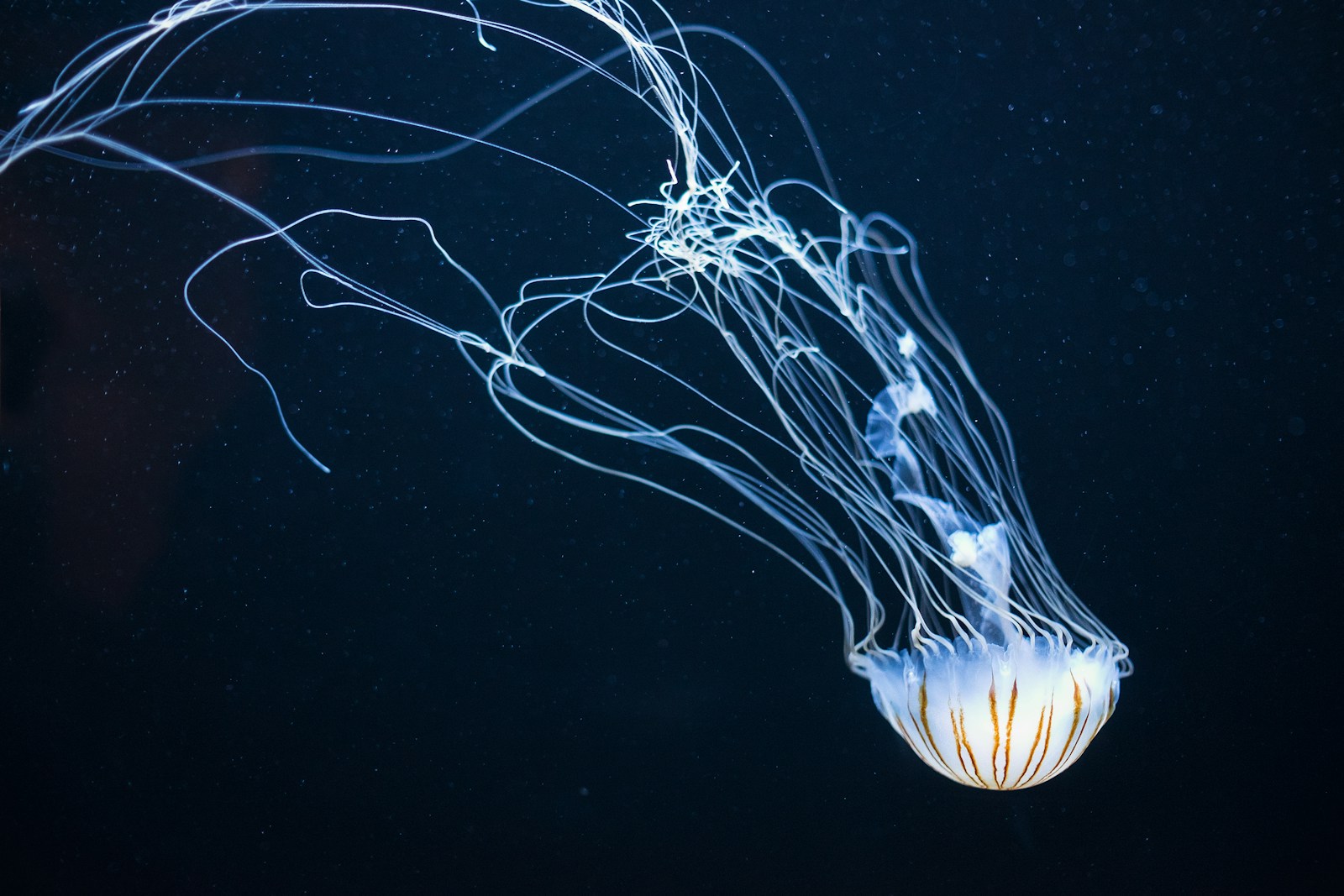PRESS RELEASE / High Seas Alliance / Nations prepare for its entry into force – New York, 19 June 2024: A year since the historic High Seas Treaty1 to protect biodiversity beyond national jurisdiction (BBNJ) was formally adopted by UN Member States2 on 19 June 2023, the High Seas Alliance started the one-year countdown to reach the goal of securing the 60 ratifications needed for the Treaty to enter into force by the United Nations Ocean Conference (UNOC3) in June 2025, France.
The countdown began a week before UN Member States convene at the UN Headquarters in New York to plan for the Treaty’s entry into force at the first Preparatory Commission BBNJ Agreement meeting on 24–26 June 20243.
“Today, the countdown for all nations to ratify the High Seas Treaty within a year has begun. The Treaty represents an historic step forward for humankind – it’s a momentous opportunity to protect life in the global ocean beyond our national borders. To reach our collective goal of securing the 60 ratifications needed for the Treaty to enter into force by June 2025, all nations must accelerate the Race for Ratification4 so that we can transform words into active ocean protections as soon as possible. The clock is ticking!” said Rebecca Hubbard, Director of the High Seas Alliance.
Once 60 countries ratify the High Seas Treaty, it will enter into force and become the world’s first international law to mandate the conservation and management of biodiversity beyond national jurisdictions (BBNJ), enabling the establishment of High Seas marine protected areas, and regulating potentially harmful activities through comprehensive environmental impact assessments. To date, 90 nations have signed5 the Treaty and many others are in the process of ratification yet, a year since adoption, only seven – Palau, Chile, Belize, Seychelles, Monaco, Mauritius, and the Federal States of Micronesia – have formally ratified. Meanwhile, political momentum is building with 34 nations committed to securing the 60 ratifications needed for it to enter into force by June 2025.
The High Seas – the ocean beyond countries’ maritime borders – covers half the planet and plays an essential role in regulating our climate by absorbing about 30% of the CO2 produced by humans each year. This vast ocean area supports some of the most important, yet critically endangered ecosystems on Earth, yet a lack of governance has left it increasingly vulnerable to human overexploitation. Currently, it is the least protected area of our planet; only 1.5% is fully protected.
Transforming the High Seas Treaty into action in the water is a critical step to securing international goals to reverse the climate and biodiversity crises, including the international target to protect at least 30% of the world’s land and sea by 2030, agreed during the UN global Biodiversity Summit in December 2022.
1. The High Seas Alliance sometimes uses the term “High Seas Treaty” as a shorthand for the BBNJ Agreement. It acknowledges that the scope of the BBNJ Agreement encompasses all Areas beyond national jurisdiction, including the seafloor and water column. This choice of wording is intended to ease understanding for broad audiences and does not convey a prioritization among the components or principles of the BBNJ Agreement.
2. There are 193 Member States to the United Nations. See a full list on the High Seas Alliance Ratification Tracker.
3. On 24–26 June 2024, UN Member States will convene at a Preparatory Commission BBNJ Agreement meeting5 to prepare for the entry into force of the BBNJ Agreement and for the convening of the first meeting of the Conference of the Parties (CoP) to the Agreement. They will discuss organizational matters, including the election of the Co-Chairs and a Bureau, the dates of the meetings, and the program of work of the Commission. Read our recommendations here.
4. Track countries’ progress on the High Seas Treaty and find out more about the #RaceForRatification at www.highseasalliance.org/treaty-ratification or read more about the High Seas Treaty in this factsheet and FAQs.
5. Signing does not establish consent for States to be bound to the Treaty, but it does express the willingness of the signatory State to continue the treaty-making process and for it to proceed to ratification. Signing also creates an obligation to refrain, in good faith, from acts that would defeat the object and the purpose of the Treaty. Following signature, countries can ratify the Agreement at any time. The Treaty text specifies that this Agreement shall be open for signature by all States from 20 September 2023 and will remain open for signature at the UN Headquarters in New York until 20 September 2025. Once this period has passed, States can join by acceding to the Agreement. Accession refers to the act whereby a State expresses its consent to be bound by an Agreement. This can take place after a Treaty has entered into force.
Ratification is when nations formally consent to the new international law, and this often entails ensuring that their national laws are consistent with it. The speed and process to ratify varies by country. In some countries, the act of ratification is simply a Leader’s decree, while in others Parliamentary approval is needed.












